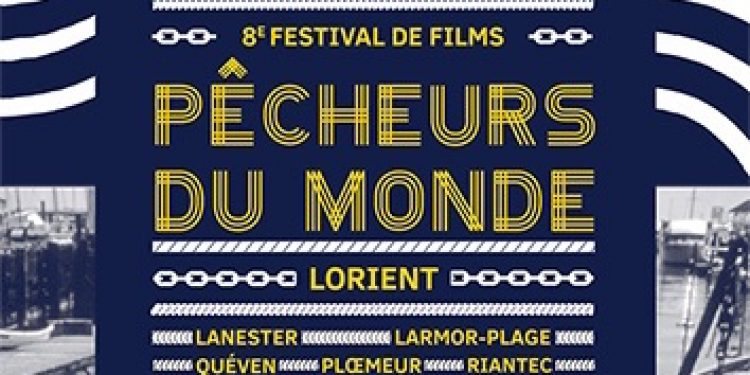‘For many filmmakers, fishermen are like sentinels or whistleblowers facing today’s challenges: climate change, conflicts and migrants, power and resources, threatened biodiversity, grabbing and privatisation of the oceans,’ said festival secretary Jacques Chérel.
‘The filmmakers want to not be removed voyeuristic or passive observers. They set out to experience the causes they document, sharing concerns and hopes, as in The Song of an Island by Joaquim Pinto and Nuno Leonel.’
He said that the festival plays a role in supporting new films in Brittany, providing young directors and filmmakers, including Le Biche by Gilbert Thoraval, about the last of the Atlantic tuna boats and Mathilde Jounot’s film Voices of the Invisible, examining the stance that NGOs have taken in their bitter opposition to fishing, and the shadowy world of the agendas that are driving this hostility to fishing and the strategies behind it.
Last year Taiwanese filmmaker Chun-Hsiu Hung’s The Lost Sea, documenting the loss of artisanal fishing grounds off the island of Kinmen, won the overall prize for best film. The Chandrika Sharma special prize went to Wawata-Topu, the Mermaids of Timor-Leste, a prize-winning documentary about the lives of four generations of fisherwomen who dive for their catches on the island of Atauro in East Timor.
The Festival Award in the short film category awarded by the young jury went to Sounds of the Soul, a film about the lives of fishermen and fish merchants around Lake Baikal in Russia,while the young jury gave its feature film award to Hustlers, depicting life in the slums of the Port of Lomé in Benin.
The festival jury last year presented the short film award to Frédérique Odye’s film Les Veilleuses de Chagrin, tracing the lives of the wives of Breton fishermen.









